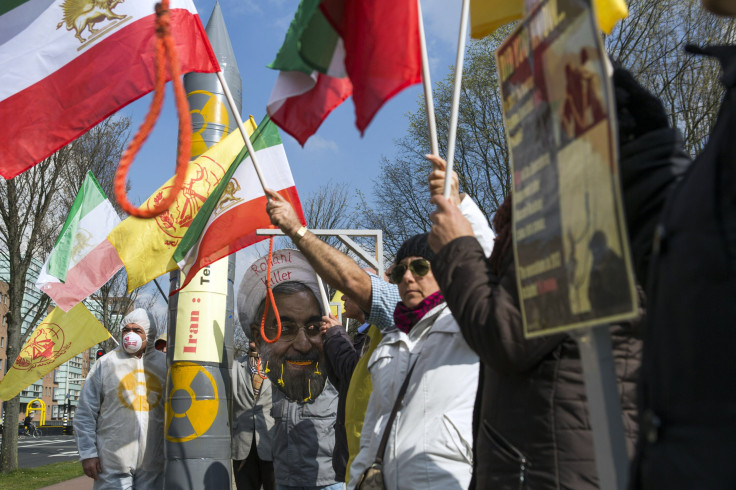UN Slams Iran's 'Deeply Troubling' Human Rights Record After Reyhaneh Jabbari's Execution

The United Nations on Monday raised concerns over human rights issues in Iran and expressed shock over the execution of 26-year-old Reyhaneh Jabbari, who was hanged in Tehran on Saturday after being convicted of killing a man who was allegedly trying to rape her. A U.N. investigator said that there has been a marked rise in the number of executions in the country in recent years, according to a report by the U.N. News Centre.
Ahmed Shaheed, the U.N.'s special rapporteur on human rights in Iran, reportedly said on Monday that between July 2013 and June 2014, at least 852 individuals were reportedly executed in Iran, representing an “alarming” increase over previous years. Shaheed added that he had repeatedly raised questions about the fairness of Jabbari’s trial but had not received satisfactory answers from the government in Tehran. Shaheed also said that the worsening situation of women in Iran was of “increasing concern.”
“The Government also continues to execute juvenile offenders…in 2014 alone, eight individuals believed to be under 18 years of age at the time of their alleged crimes were reportedly executed,” Shaheed, who is scheduled to present his report to the U.N. General Assembly on Tuesday, reportedly said.
“The new Islamic Penal Code that entered into force in 2013…continues to allow for juvenile executions and retains the death penalty for activities that do not constitute “most serious crimes” in line with the safeguards guaranteeing protection of the rights of those facing the death penalty,” the report said. “The execution of individuals for exercising their protected rights, including of freedom of expression and association, is deeply troubling.”
According to the report, Iranian laws “appear to further undermine the rights to freedom of expression and association and markedly compound discrimination against women by further eroding their protection from forced marriage and rights to education, work and equal wages.”
The report further added that child marriage, unemployment rates among women and the percentage of female students dropping out of universities had consistently increased over the last few years.
Shaheed accused Iranian President Hassan Rouhani of failing to live up to his campaign promises of improving human rights conditions in the country, according to a report by Agence France-Presse, or AFP.
“He is unable to address the issues, unable to arrest this trend, to convert his promises which spoke to arresting this trend into action,” Shaheed reportedly said, adding that Rouhani lacked political backing from the Iranian parliament to deal with human rights issues.
© Copyright IBTimes 2024. All rights reserved.






















